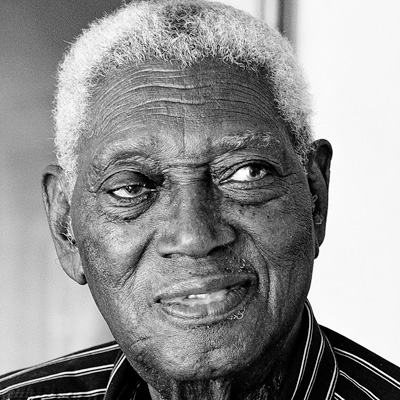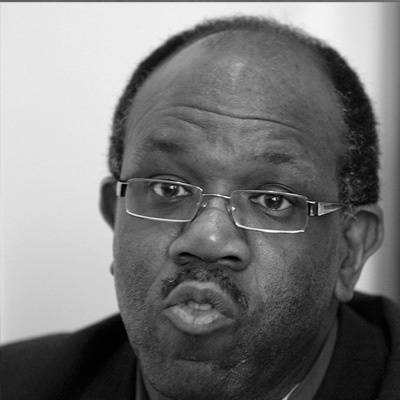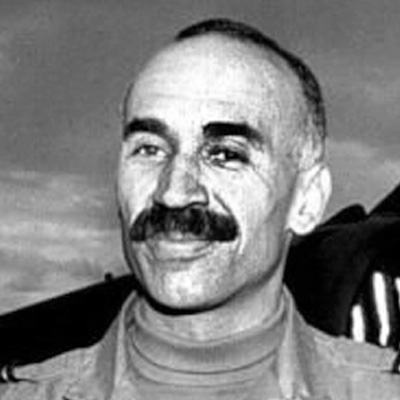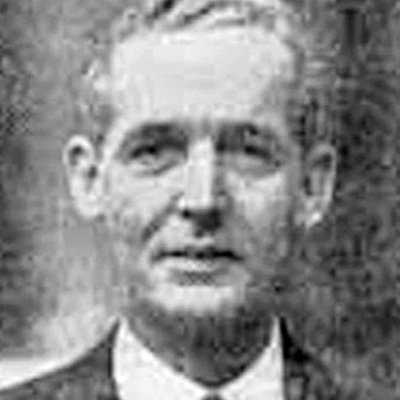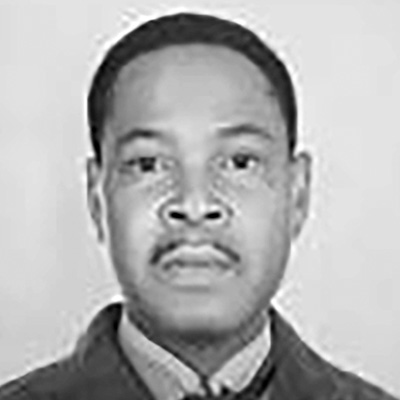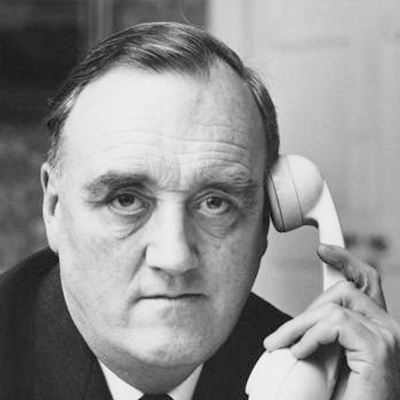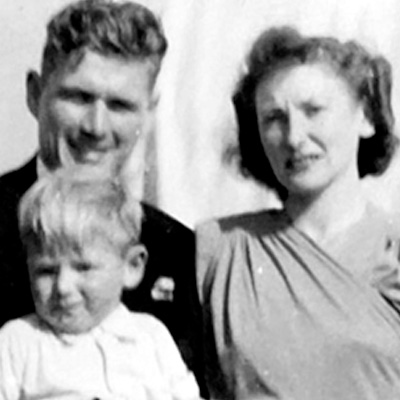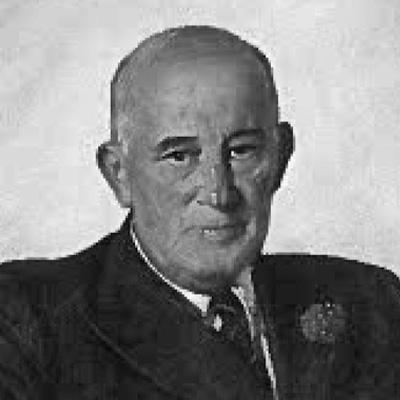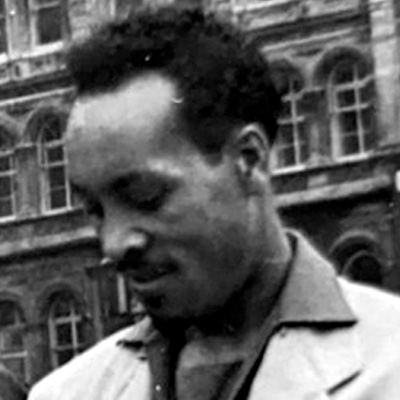Terence Ansel Everal
PIONEERS
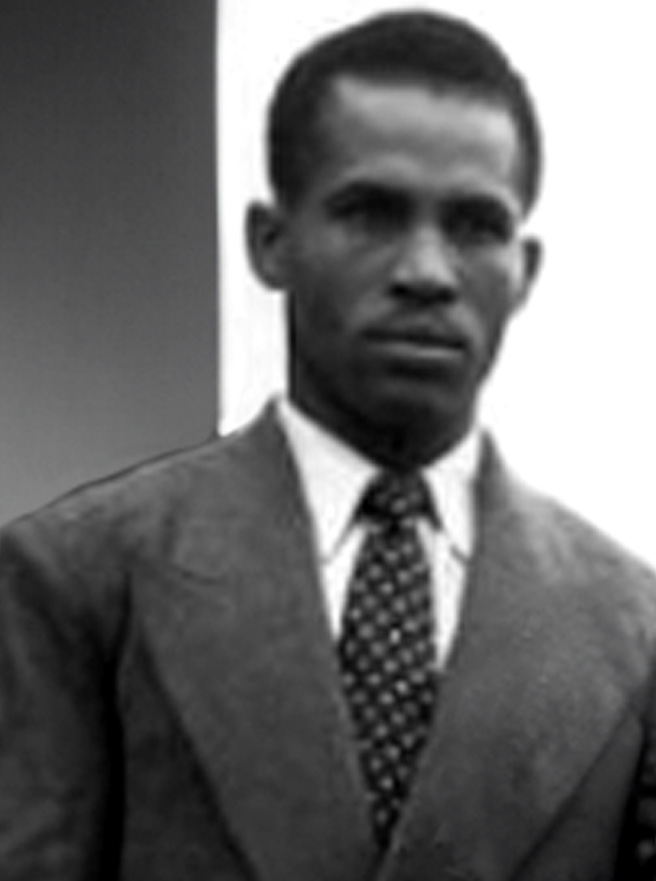
‘Former professional boxer known for his tireless welfare work’
1922 - 1986
Share this:
Born in Jamaica on August 29, 1922, Ted worked as a seaman after joining the Merchant Navy in 1939. But he also boxed and his potential was spotted by Martin, who had travelled to Jamaica from his Liverpool base looking for boxing talent he could invest in.
Within six weeks of arriving at Tilbury Docks, Ted made his professional English debut at the Drill Hall in Birkenhead, where he beat Ron Cooper by a knock-out. However, he didn’t win any of his following 16 bouts. Fighting mainly as a welterweight, when he hung up his gloves in 1956, he had only managed to win 11 of 62 bouts, six of those by knockouts.
The Gleaner newspaper of March 31, 1949, reported that Ted had left the Martin boxing stable. This followed the departure of another of Martin’s Jamaican protégés, Vernon Sollas. Both boxers remained in Liverpool, however, with Ted marrying 17-year-old Elizabeth Owens in Birkenhead in 1952.
After retiring from boxing, Ted worked as Liverpool’s overseas immigration officer, and it is in this role that he made his biggest impact. Along with Labour MP Bessie Braddock, he worked hard to get foreign governments to fund the fares of those who wished to return to their homeland.
Also described in the press as a colonial welfare officer or overseas welfare officer, Ted became the go-to person for resolving problems concerning Black people arriving in Liverpool from abroad, be it arranging benefits, shelter or work.
Although the former slave port was home to one of Britain’s oldest Black communities, racial discrimination was rife. Most Black people were forced to live in the run-down Liverpool 8 area of the city, aka Toxteth, and Ted used his position to lobby the local council to allocate its housing more fairly, telling the Liverpool Echo in 1961 that this would prevent the area from becoming a ghetto.
With work also hard to come by, many people changed their minds about settling in the UK and looked to return to their home countries. However, they lacked the funds to do so. In July 1964, Ted told The Sunday People, a top-selling Sunday newspaper of the day, that the High Commissions could do a lot more to help people in their predicament.
Ted died on May 29, 1986, at the age of 63. He was living at Edith Villas, Fernhill Road, Bootle, at the time of his death.
Share this:

